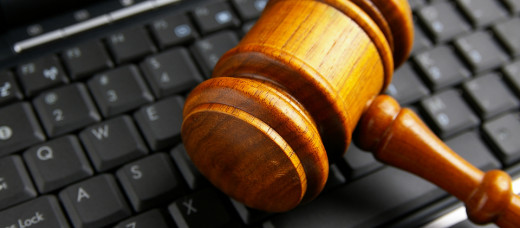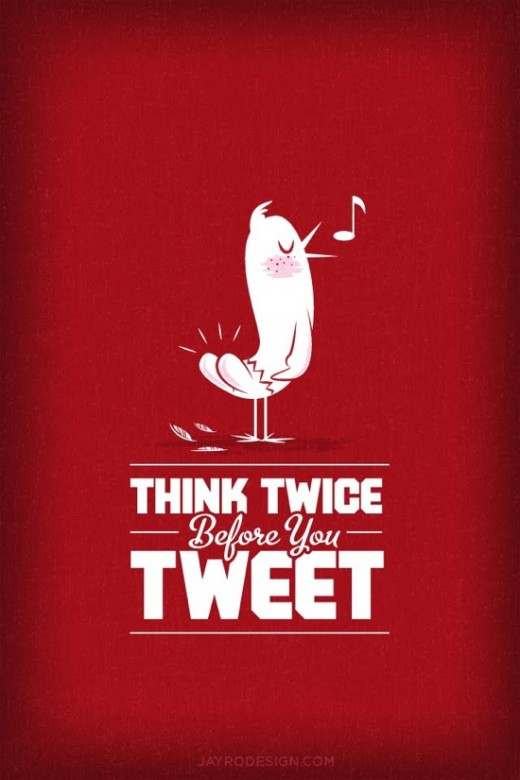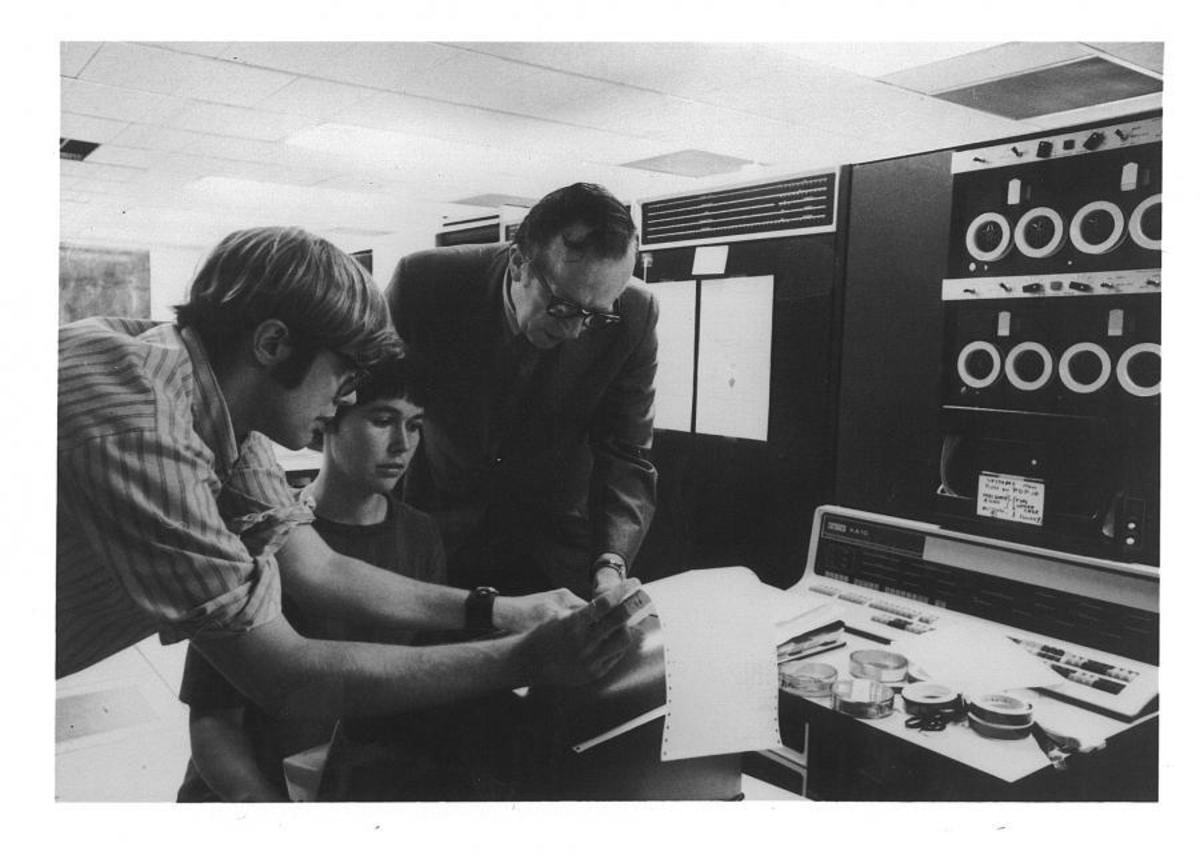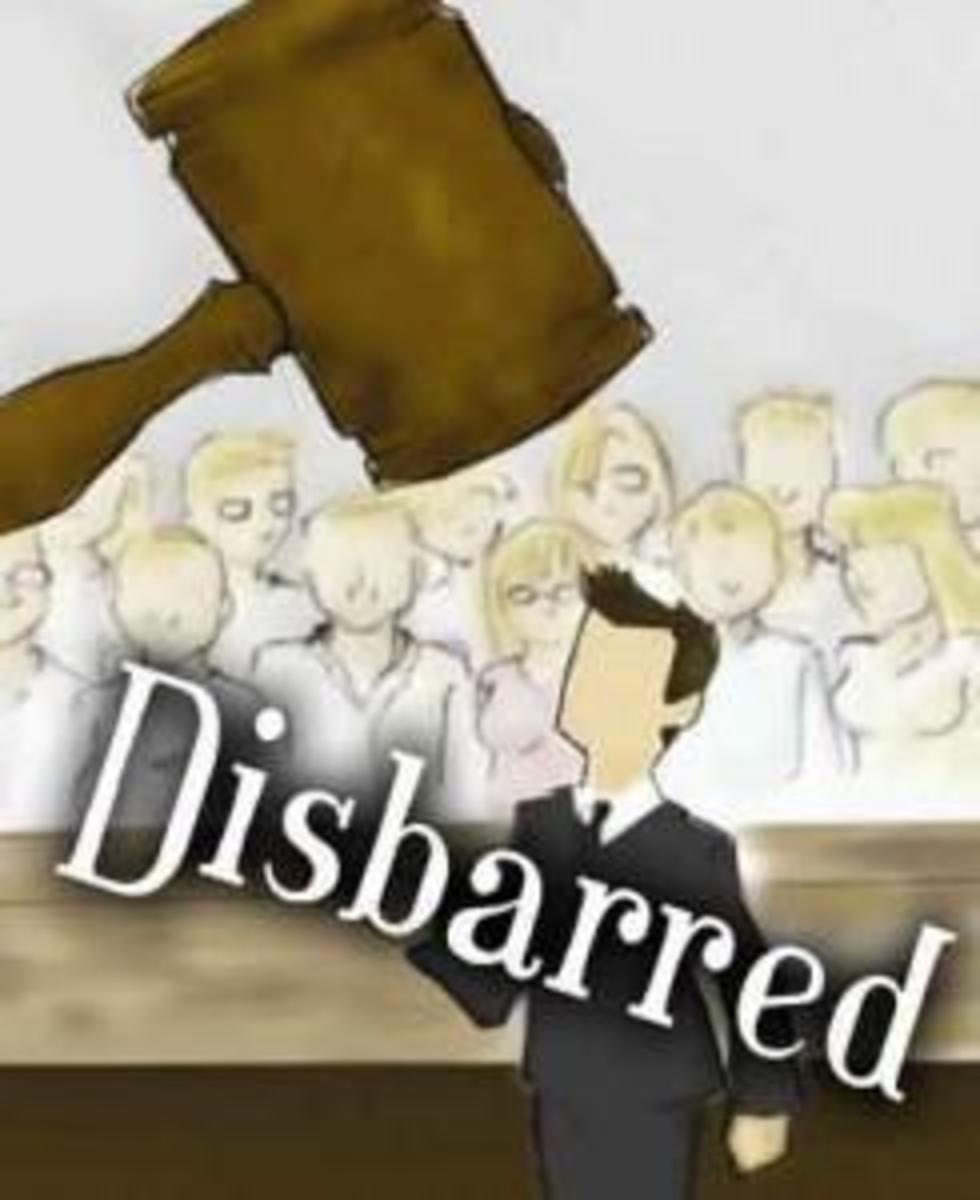The Law and Social Media

This is something I wrote ages ago and then half forgot. Now that I’ve joined HubPages, I think I should put it on here for the world to read.

I worry about how the law can be enforced in the age of Facebook and Twitter. It’s so easy for people to break the law and so difficult to catch them. It’s a little difficult to explain, but if we have a think about the Ched Evans thing, we might be getting somewhere. Certainly, that’s what started this line of thought.
If you don’t remember or didn’t hear about the case, I’ll give you a quick explanation. So, this footballer, Ched Evans, got a woman insanely drunk and raped her. He was, quite rightly, convicted and sent to prison (though, oddly, his friend also had sex with the woman and was not convicted. I don’t know why, but that’s a discussion for another time). Anyway, there were - perhaps unsurprisingly and rather depressingly - quite a few of Evans’ fellow footballers and his fans who were angry that he was convicted. Many expressed online their anger at Evans being convicted. They called the victim a slag and a tramp, and plenty of other stuff that’s unprintable, not to mention sickening. Of course, one has to wonder what’s happened to society if people have that attitude to rape. However, that’s really a discussion for another time.

What is almost as disturbing as the reaction to the verdict is what happened next: people who knew who the victim was started naming her. They were going on sites like Facebook and Twitter and telling people who she was. Now, I should first make it clear that this is illegal; rape complainants are granted lifelong anonymity under the Sexual Offences Act. This is, I hope you’ll agree, a good thing. Would you want your name in the papers, being identified as a rape victim? Probably not.
And a few years ago, you’d have had your anonymity; no paper or news channel would have broken the law and put a person’s name in the paper without permission. But it’s not that simple anymore. Now we have the internet which allows any idiot to have his or her views seen by the rest of the world. Or at least the 3 billion or so people connected to the internet. And that’s wonderful. It is, really.
Unfortunately, the internet allows anybody to say anything they want. Anything. And no-one can stop them, without knowing in advance what they plan to do. And once something is on the internet, it’s there forever. Well, it’s there until there’s a massive operation to remove all trace of its existence, which can be done with enough time and money. But you can’t do much about it once it’s off the internet. Once it’s onto someone’s hard drive or into their head, you’ll never get rid of it. And therein lies one of the tricky problems exposed by the Ched Evans case. The second someone named the victim, that was it. They broke the law of course, and they will be punished for that, but the damage can never be undone. No-one who saw the name can choose to “unsee” it. It’s remarkably easy to destroy anonymity, but it's impossible to repair it.
So what am I actually getting at here? To tell the truth, I don’t really know myself. I suppose I’m worrying. Worrying that I might live in a future where anyone with a computer can break major laws and - potentially - get away with it, because it’s tricky to catch someone who doesn’t want to be caught, especially where cybercrime is concerned. That thing about Ched Evans was just example. The point is that there is a problem. Either:
- The methods of enforcing the law are not modern enough to effectively police a society which is increasingly connected by the web. Or
- The law is not fit for purpose in the age of the internet, in the age of Twitter and Facebook and Tumblr and all the rest of it.

Now, at the end of the day, the law doesn’t stop bad things from happening. Not on its own. It simply outlines the punishments applicable to certain crimes, and that is what should stop people breaking the law. And law is only ever as strong as its enforcement.
Personally, I don’t see a future in changing the law to keep up with technological developments. Obviously, it needs to be done to some degree as new technology opens up legal loopholes, but I think we need to get away from the idea of needing new laws to police the internet. The people abusing or naming the rape victim on Twitter could be prosecuted under, for example, the Public Order Act 1986 - an act made before the internet era. If those tweets and been spoken rather than typed, they would have clearly broken that law, along with one or two others.
And yet, for whatever reason, it’s not the same on the internet; people who break the law don’t think it counts, and those who see the law being broken think that you can’t possibly charge people because most laws were written before the internet and Facebook and Twitter.
This, I think, is where the problem lies: people don’t seem to understand that the web is just an extension of the real world and the same rules apply.
Thank you for taking the time to read this hub. I hope you found it interesting. If you have any questions or feedback, please feel free to leave a comment below.








